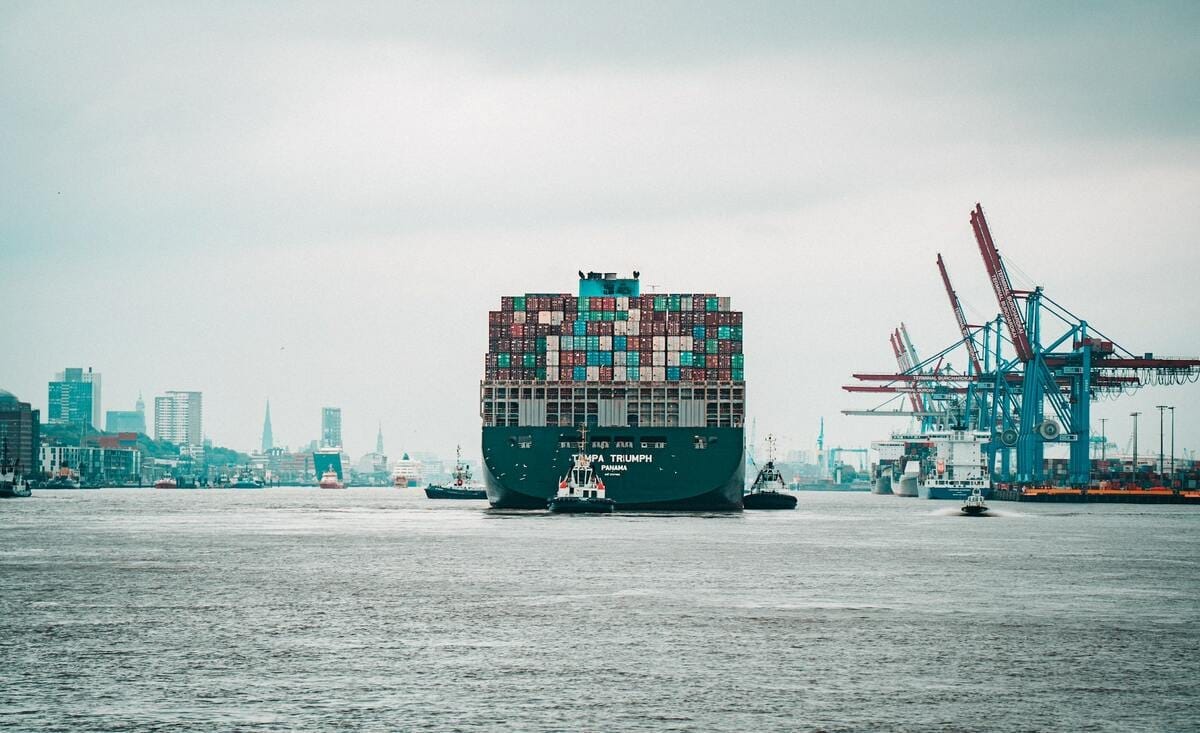Here’s what we have for you today:
• US supply chain update
• New Zealand needs new leader
• US government’s debt issue
How Jacinda Ardern resigns

Main reason: Jacinda Ardern explained- because her popularity was declining in the polls, she figured that she was no longer a strong name to maintain her party’s foothold.
Personal reason: Cites burnout and the emotional exhaustion of doing her job. “I am human, politicians are human. We give all that we can for as long as we can. And then it’s time. And for me, it’s time.”
Farewell speech: “I hope I leave New Zealanders with a belief that you can be kind but strong, empathetic but decisive, optimistic but focused. And that you can be your own kind of leader- one who knows when it’s time to go,” Ardern said in her resignation speech.
US Treasury will suspend some federal retirement investments after debt limit breach

Why: The move is one of the so-called extraordinary measures Treasury Secretary Janet Yellen is taking to avoid default until Congress raises the federal borrowing limit.
The delay: The Treasury is taking so-called extraordinary measures to keep paying its bills after it breached its $31.4 trillion borrowing limit. Yellen has said she expects the actions to prevent default at least until June 5, 2023.
Aftermath: She added that the fund will be “made whole” once Congress raises the debt ceiling. Yellen said federal retirees and employees “will be unaffected by this action.”
US supply chain disruptions most likely to continue in 2023

Problem: High demand and bottlenecks have slowed international trade, the pandemic has transformed the workforce and exacerbated labor shortages, and new policies and regulations have changed the landscape for logistics companies.
Too slow: Infrastructure challenges continue to be a massive problem for supply chains. President Joe Biden’s infrastructure plan, which passed in November 2021 and aims to refurbish the nation’s ports, rail networks, roadways, and bridges, will likely take years to come to fruition. Labor experts and economists say there are simply not enough skilled workers to complete the agenda any time soon.
Regulations: During the pandemic, the U.S. government lifted duties and tariffs on internationally manufactured products that could not be produced domestically. Those duties and tariffs are now back in play, and companies have to account for the additional cost.
